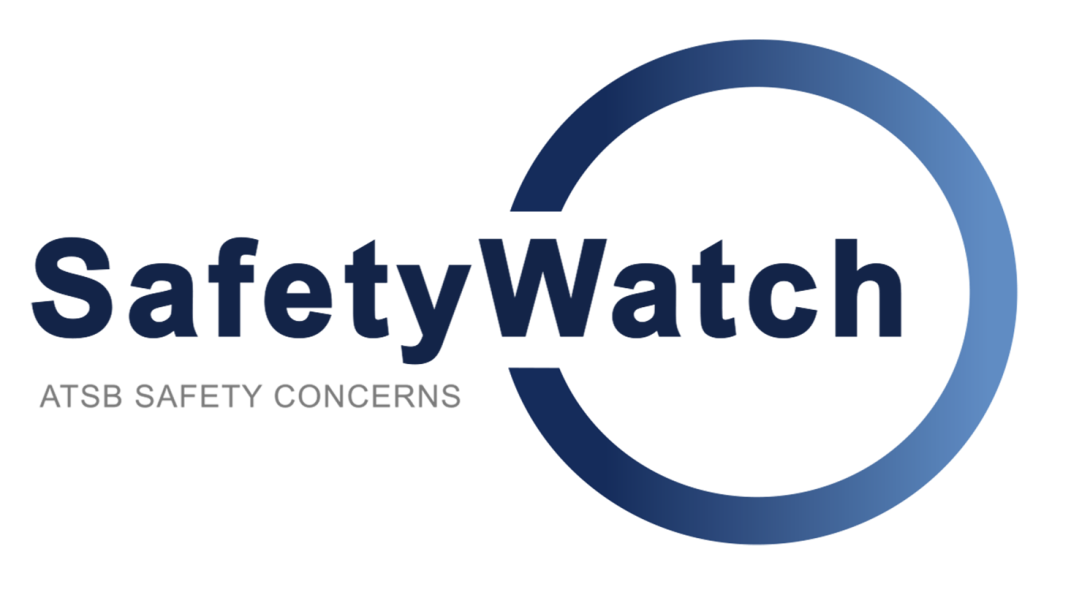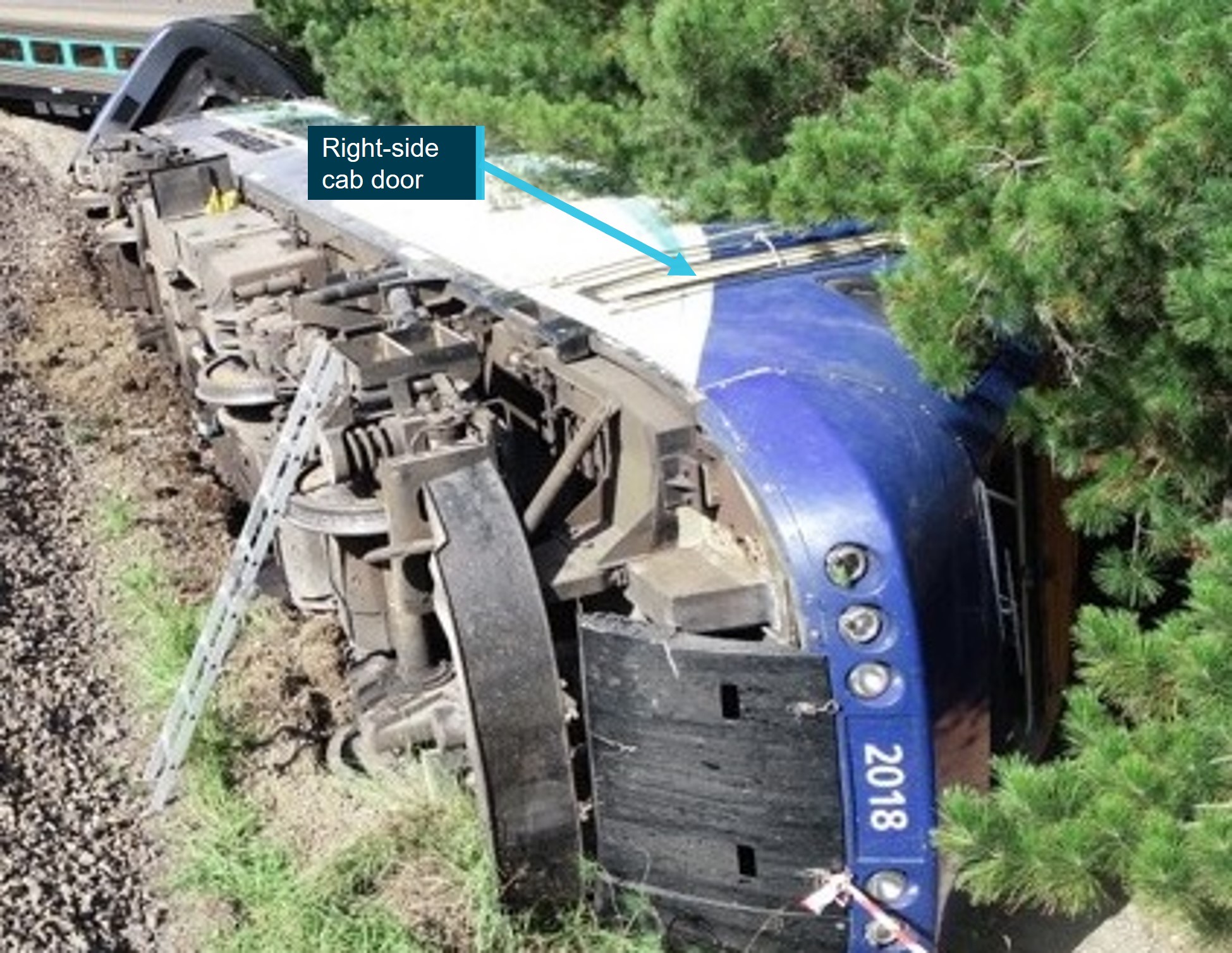
There are a range of technologies that if more broadly adopted have the potential to improve safety in rail, marine and aviation transport. These include technologies that improve situational awareness for individuals, technologies that improve the safe performance of vehicles, and technologies which help organisations and industry monitor and maintain safe operating conditions.
In aviation, the ATSB continues to strongly encourage the fitment and use of ADS-B transmitting, receiving and display devices in all general and recreational aviation aircraft, as these devices can significantly assist pilots with the identification and avoidance of conflicting traffic, and are available at relatively low-cost.
The ATSB also continues to encourage the use of active CO detectors, to alert flight crews to the threat of CO before they are subjected to its effects.
In rail, more advanced signalling and automation technologies can help eliminate the opportunities for a single point of failure, which can often be found in our most significant rail investigations.
And in marine, improvements to vessel tracking, and onboard navigation technology should be embraced by all operators to continue to reduce the opportunity for groundings and collisions in Australian waters.
Across all modes, the ATSB continues to encourage the use of recording technology, such as journey recorders, and audio and video recorders, for the purposes of improving transport safety.
Notable investigations where technology was included in safety messaging:
AO-2017-118: Collision with water involving a de Havilland Canada DHC-2 Beaver aircraft, VH‑NOO, at Jerusalem Bay, Hawkesbury River, NSW on 31 December 2017
A pilot and five passengers were fatally injured when a DHC-2 Beaver floatplane collided with water in the Hawkesbury River, north of Sydney. Toxicology results identified that the pilot and passengers had higher than normal levels of carboxyhaemoglobin in their blood – indicating elevated levels of carbon monoxide (CO) in the aircraft cabin. The accident led the ATSB to urge for the use of active CO detectors – which alert flight crews with an aural and visual cue when CO is present beyond normal levels. Read more
RO-2020-002: Derailment of passenger train ST23, Wallan, Victoria, on 20 February 2020

The derailment of a NSW Trains XPT, fatally injuring two people and causing serious and minor injuries to almost 70 more, highlighted an over-reliance on administrative controls, and the missed opportunities to use existing and emerging technologies to manage risk associated with human error. Read more


